Subscribe for Access
Partners and “MOFU”
We got a lot of great feedback on last week’s edition of the nearbound daily where we explored how partners influence stage one of the buyer’s journey: attract/aware.

Including an awesome shoutout from Peter Caputa!
Today, we’re introducing the next stage: educate/nurture.
The attract stage of the buyer’s journey was focused on casting a wide net and identifying potential customers. The education stage of the buyer’s journey is focused on nurturing leads and determining which potential customers are interested.
.avif)
Where the attract stage focuses on introducing the customer to the brand and ecosystem, the educate stage focuses on addressing the problems and pains a customer might face.
Keep reading to learn:
- Why partners are critical to this stage of the lifecycle
- What partner managers need to keep in mind at this stage
- A few great in-market examples
Why partners are critical to the education stage
The education stage of the buyer’s journey is called MOFU, or “middle of the funnel.” Here, marketers speak to potential customers, educate them on their problems, and begin to introduce a solution.
And while modern marketing playbooks acknowledge the value of not being too pushy or sales-y with this middle-of-funnel content, if you read the average blog post today it’s apparent that most marketers struggle with that.
That’s why partners are extremely helpful at this stage of the bowtie.
When you get a partner to co-create and co-market educational content, it challenges marketers to step outside of their biases.
Marketers aren’t the experts of the entire ecosystem. They have expertise in their company’s solution and the problems that solution solves.
But by partnering, marketers can position themselves and their companies as experts inside the ecosystem.
They can reach their potential customer where they are and how they want to be approached while also multiplying their trust in an ecosystem.
.avif)
How to do this stage effectively
If you’re a partner manager, you’ve likely already realized that co-marketing is low-hanging fruit.
Marketers are already open to co-marketing. They understand the value and appreciate when a partner can help them do 2x for 1/2 the cost.
A partner manager’s main task at the education stage of the bowtie is to facilitate communication between their team and their partner’s team.
This means facilitating existing conversations and starting conversations.
To facilitate existing conversation means asking:
- What is being promised?
- Is each party delivering on their promises?
- Are any follow-ups required?
To start new conversations, partner managers must:
- Look at your marketing’s content calendar.
- Ask marketing what they’re planning.
- Ask their partners what kinds of marketing content they’re planning.
You’ll be most useful where you can help connect the dots.
Great examples in-market
At the education stage of the customer journey, marketers are creating content like:
- Webinars
- W-books
- Case studies
- Whitepapers
- Industry reports
- Research
Here are a few great examples of co-marketing at the education stage of the buyer’s journey. Look at them, learn from them, and see if you can take any inspiration from them!
Flowla’s Sales Almanac Report
Back in 2023, Flowla put together its 2023 Sales Almanac Report by compiling sales trends from the top 100 revenue voices on LinkedIn.
They gathered quotes, tips, and predictions to craft a narrative that would be helpful to both their broader ecosystem and immediate customers.

By partnering, Flowla created a piece of content that aligned them with ecosystem thought leaders and amplified their trust in the market.
The State of Partner Ops and Programs Report 2022
In 2022 three ecosystem powerhouses, Partnership Leaders, HubSpot, and Canalys, joined forces to survey over 650 partner professionals and executives.
Their mutual goal was to determine how organizations are managing their partnerships.
This report gained immense traction in the market because it was extremely thorough and it captured three diverse perspectives—the community perspective (Partnership Leaders), the analyst perspective (Canalys), and the SaaS platform perspective (HubSpot).
The report lived on HubSpot and was promoted by all parties.
To offer even more education to interested parties, Partnership Leaders hosted a webinar to discuss the report.
And because the report was so effective, they’ve continued to partner each year. Check out their 2024 State of Platforms report!

Sangram Vajre on the NEARBOUND book
Just today Sangram Vajre (Co-Founder and CEO of GTM Partners and Author of Move, a WSJ and USA Today bestseller) published a piece on nearbound.com entitled, The Next Bestselling GTM Book Has Arrived.
It’s his take on Jared Fuller’s new book, NEARBOUND and the Rise of the Who Economy.
As the author of a WSJ and USA Today bestseller on GTM, Sangram offers a unique perspective on the value of NEARBOUND and the Rise of the Who Economy.

Sangram Vajre’s opinions on NEARBOUND.
He explains,
Bryan and I covered much of the inner workings of GTM, but there was a piece of the puzzle that we left out—one that is becoming increasingly essential as we get deeper into what Jay McBain calls, “The Decade of the Ecosystem.”
Jared or any of the nearbound.com team could’ve written a comparison between the two books, but it’s more powerful that Sangram Vajre did it himself.
Final thoughts
Schedule a call with your marketers today to learn about their content calendar—what campaigns are coming up, where might partner expertise be useful, and where can partners help them do more with less?
Make sure your marketers are layering partners into educational content to strengthen the content itself and amplify trust in the market.
If you liked that piece, look out for upcoming dailies on tapping into partners across the entire customer lifecycle!
It’s better coming from you
Send this Nearbound Daily newsletter to someone in your circle. We have the information, you have the trust.








%20(1).jpg)
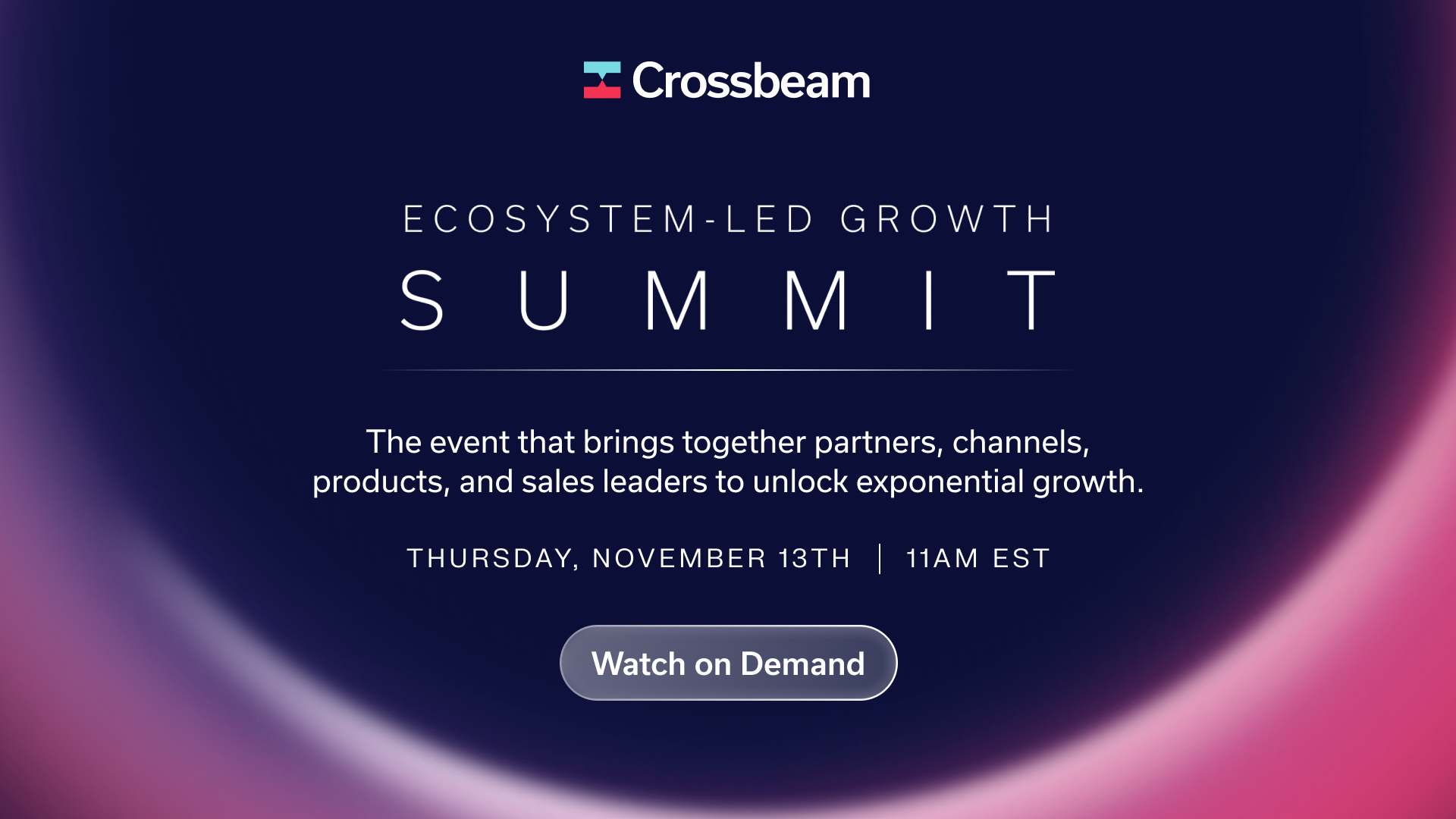

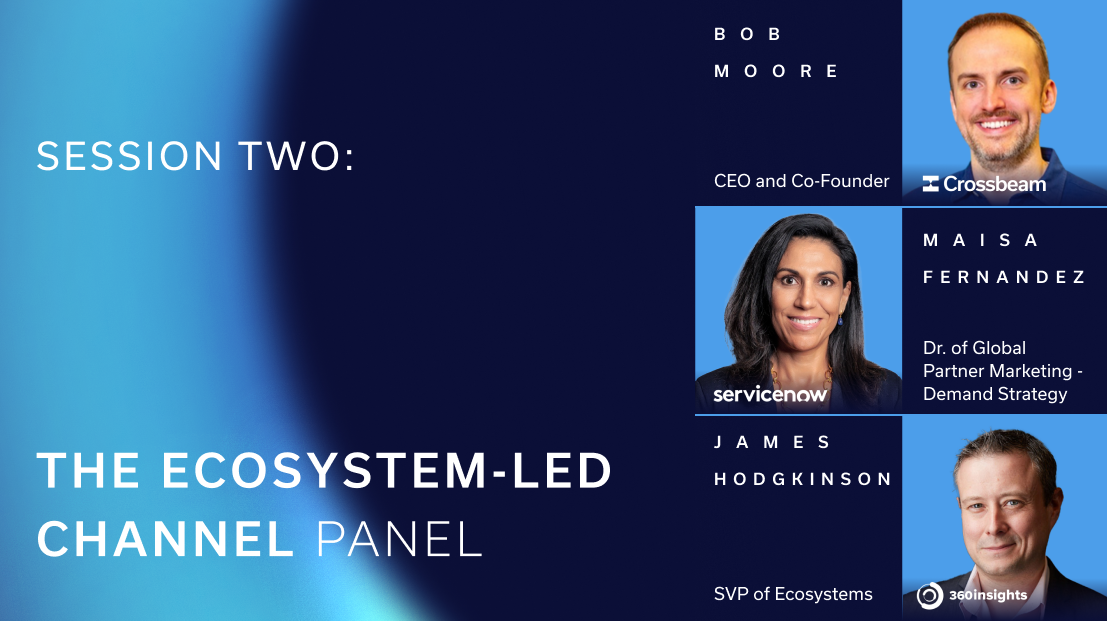
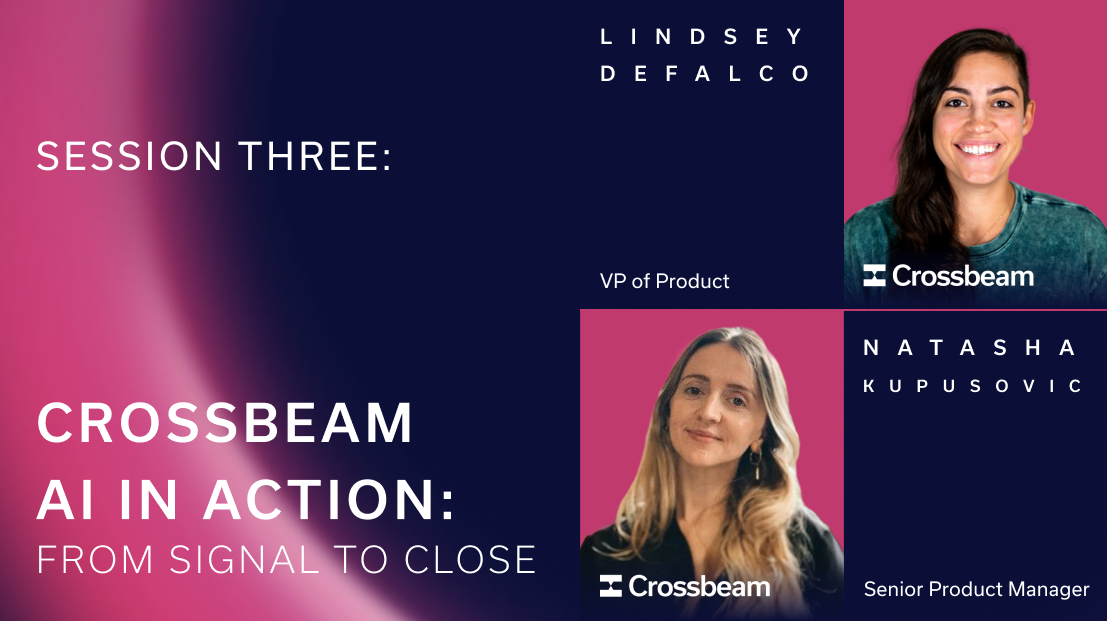


.png)
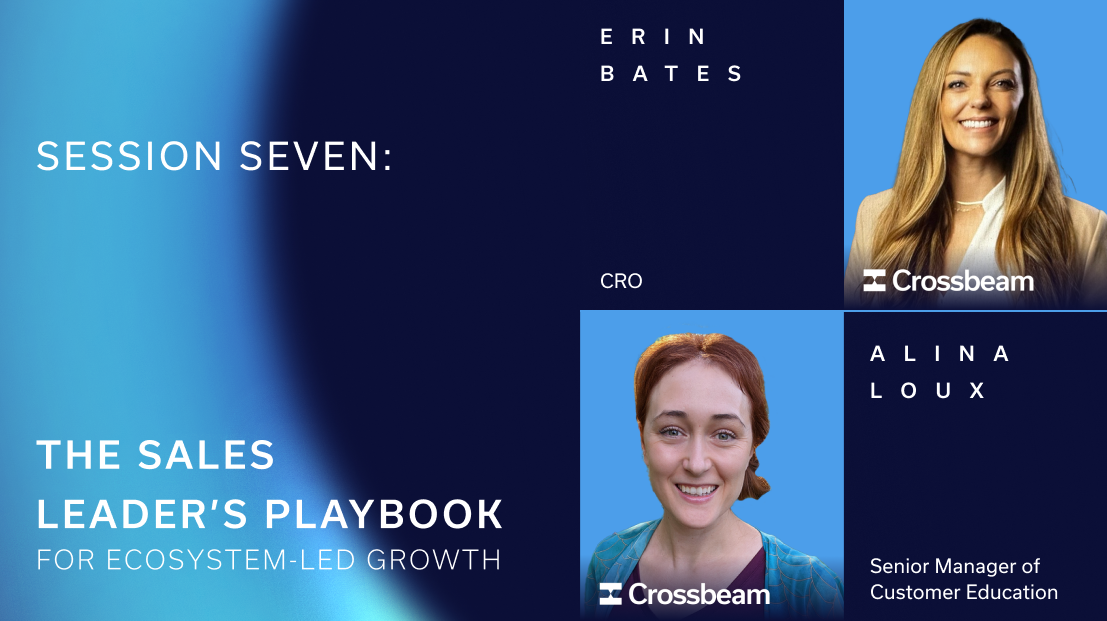


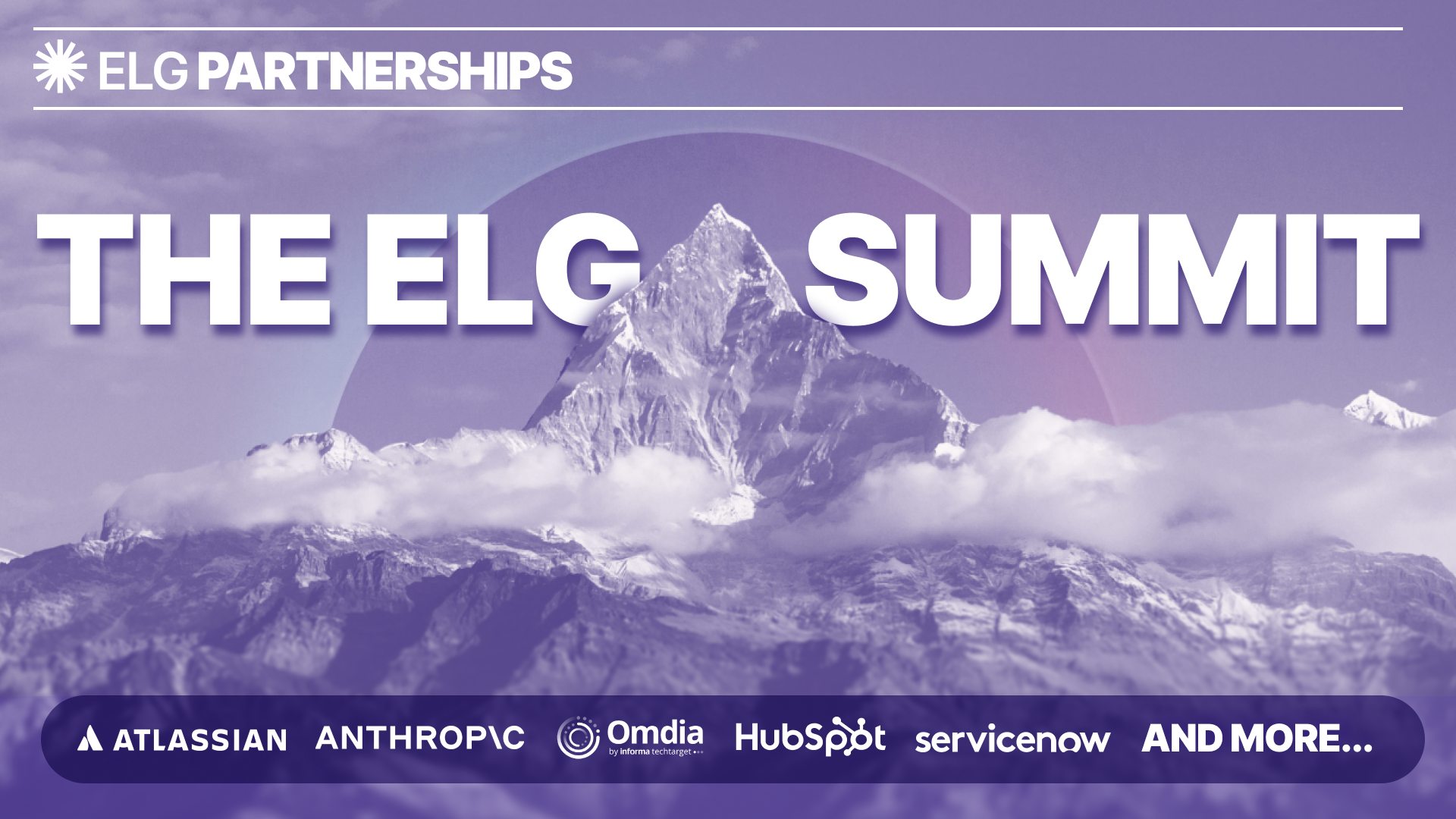








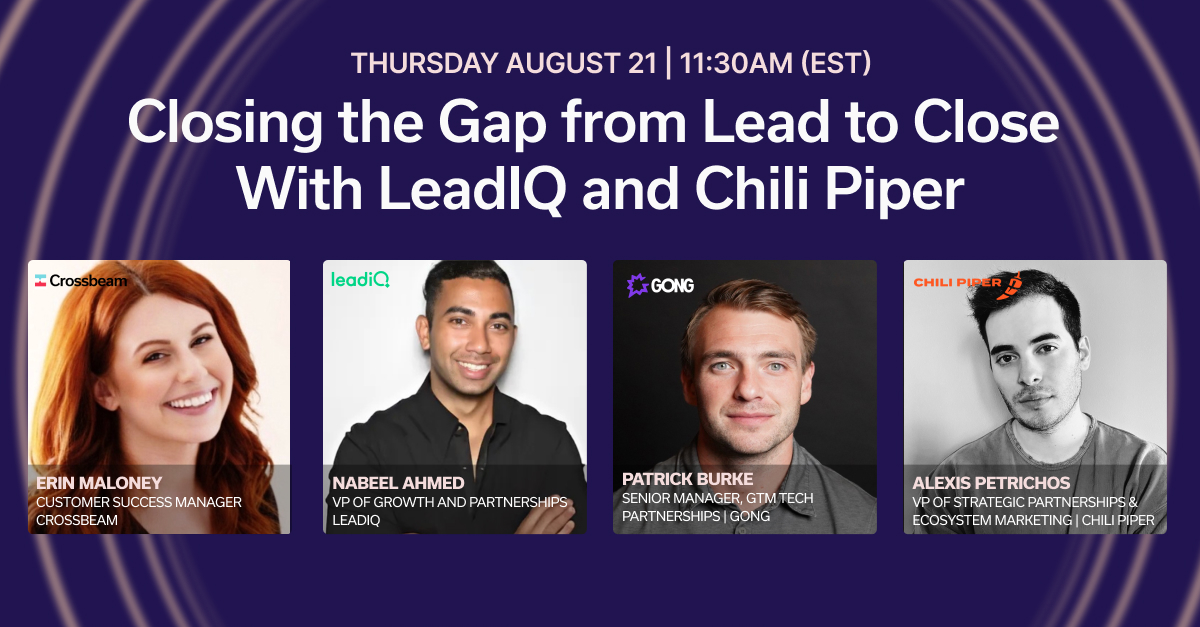


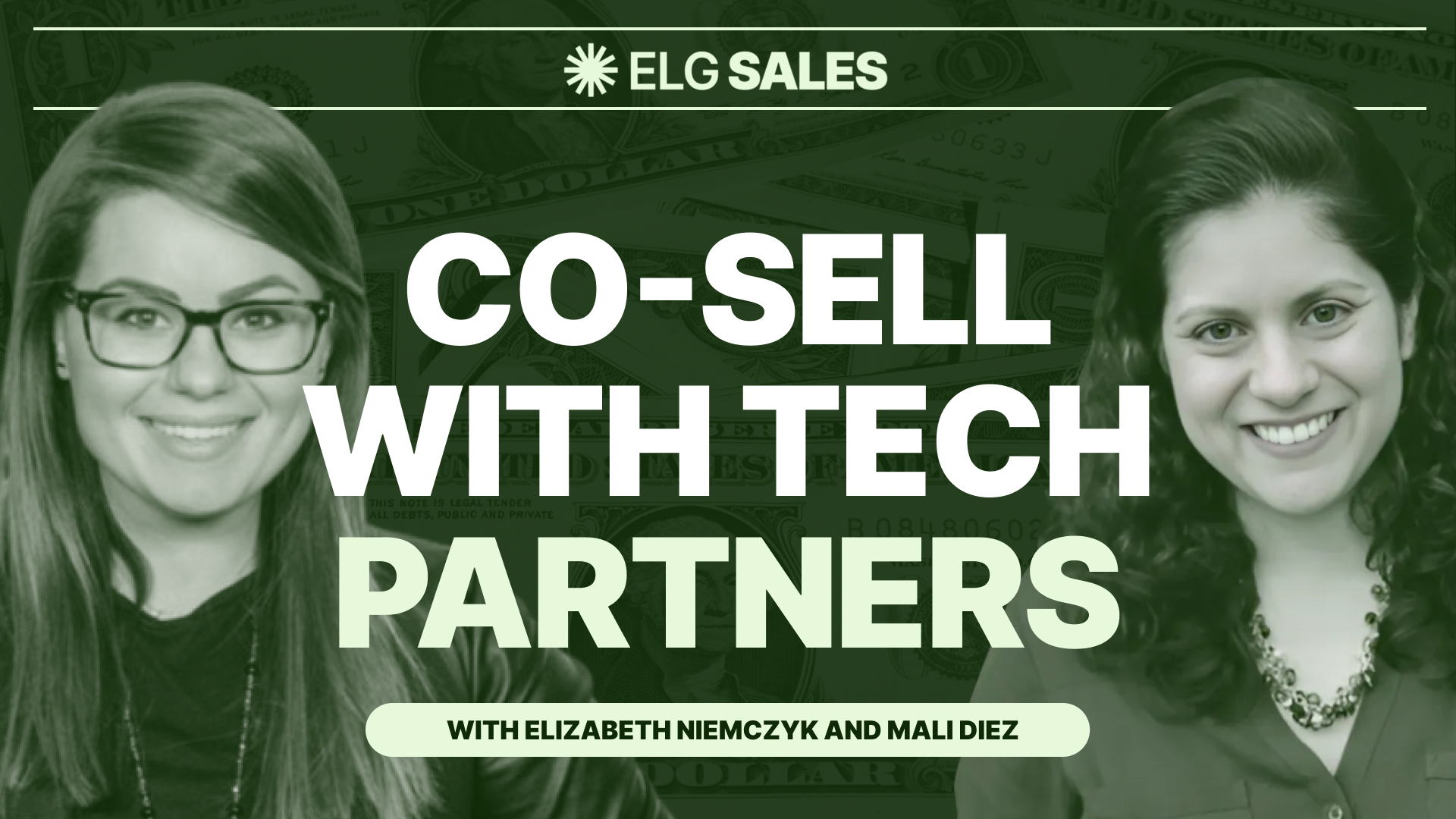
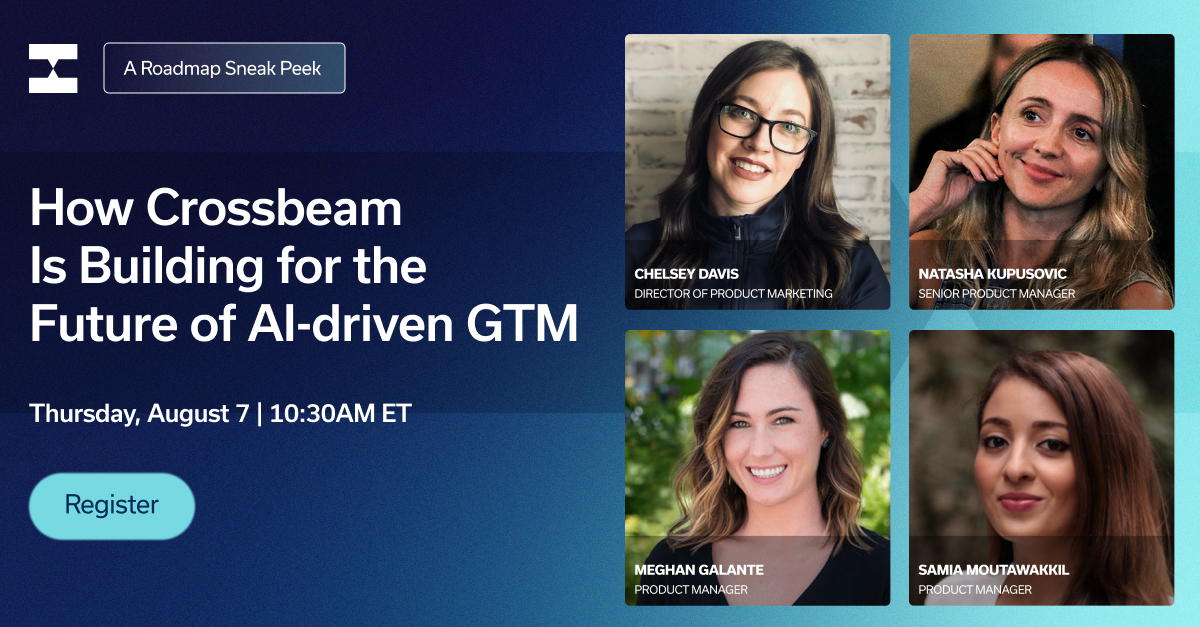
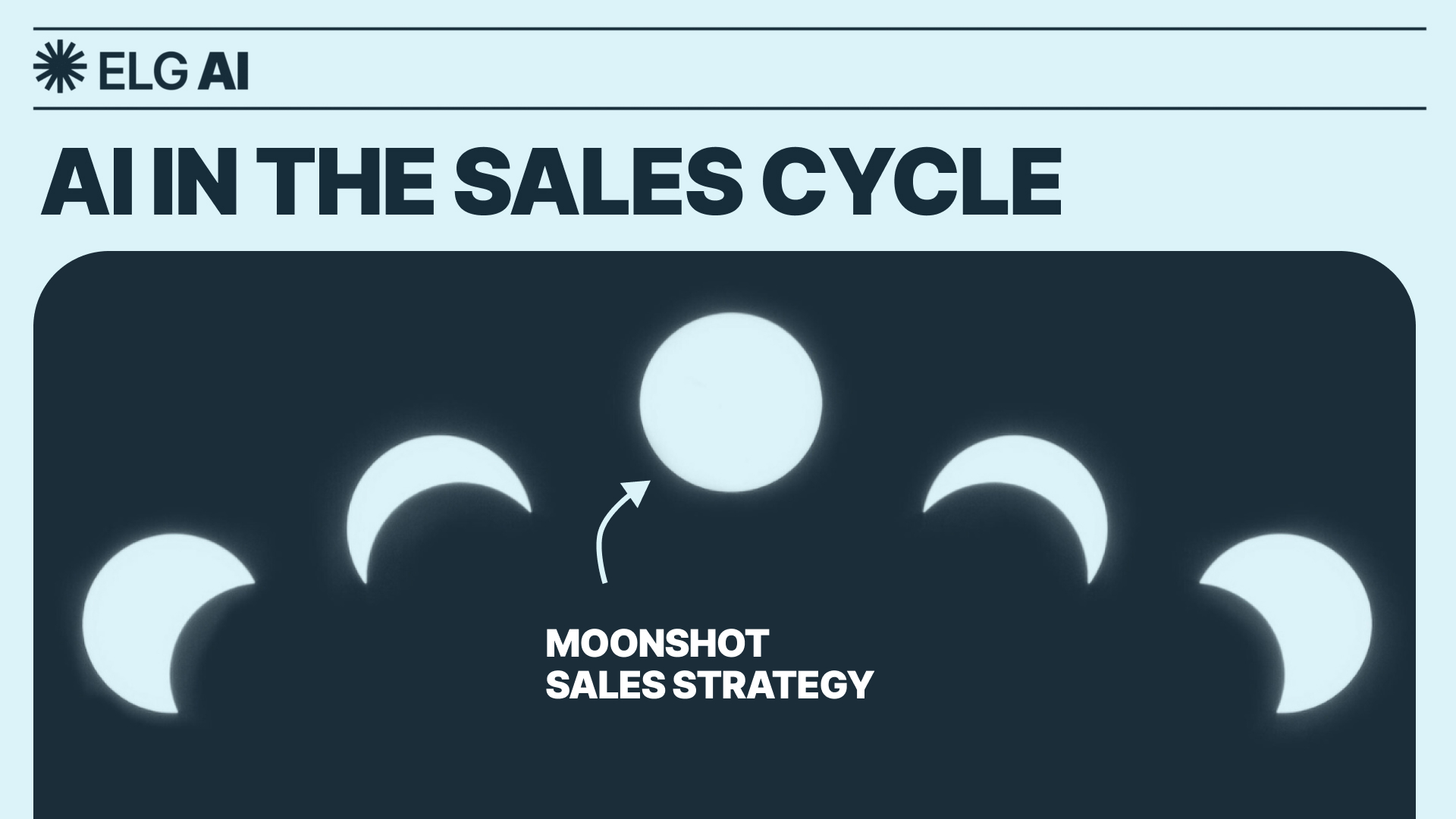
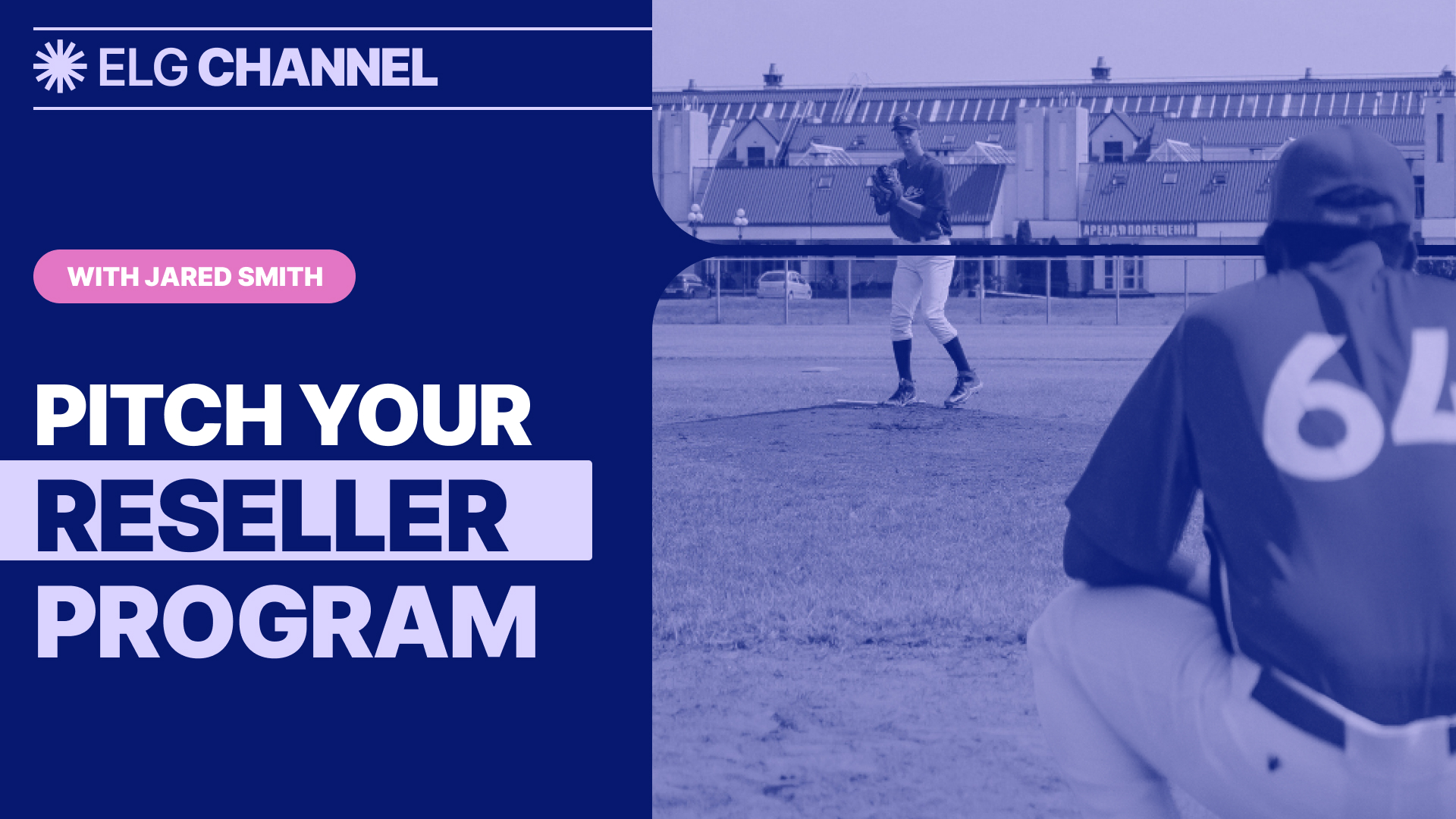
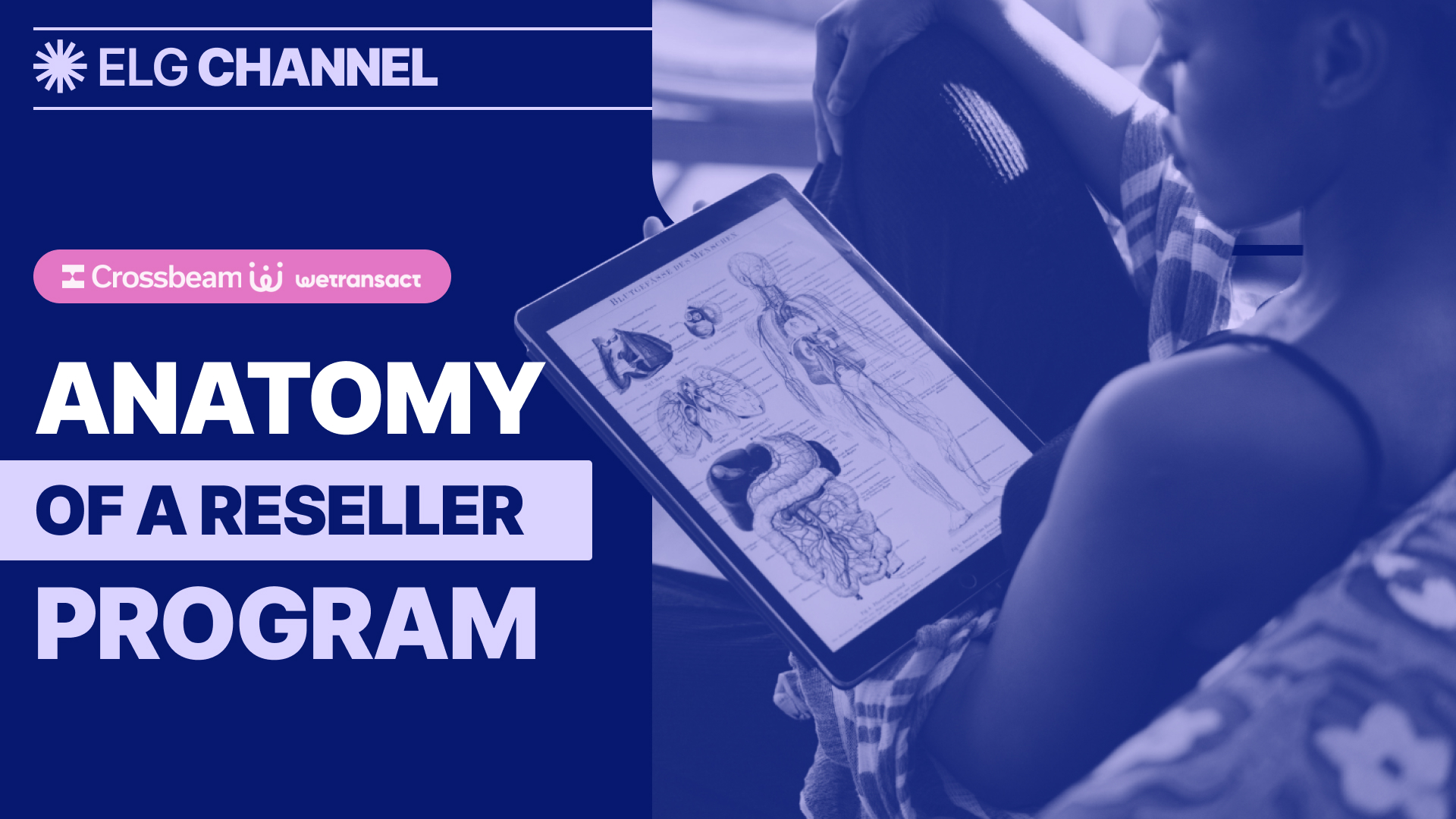
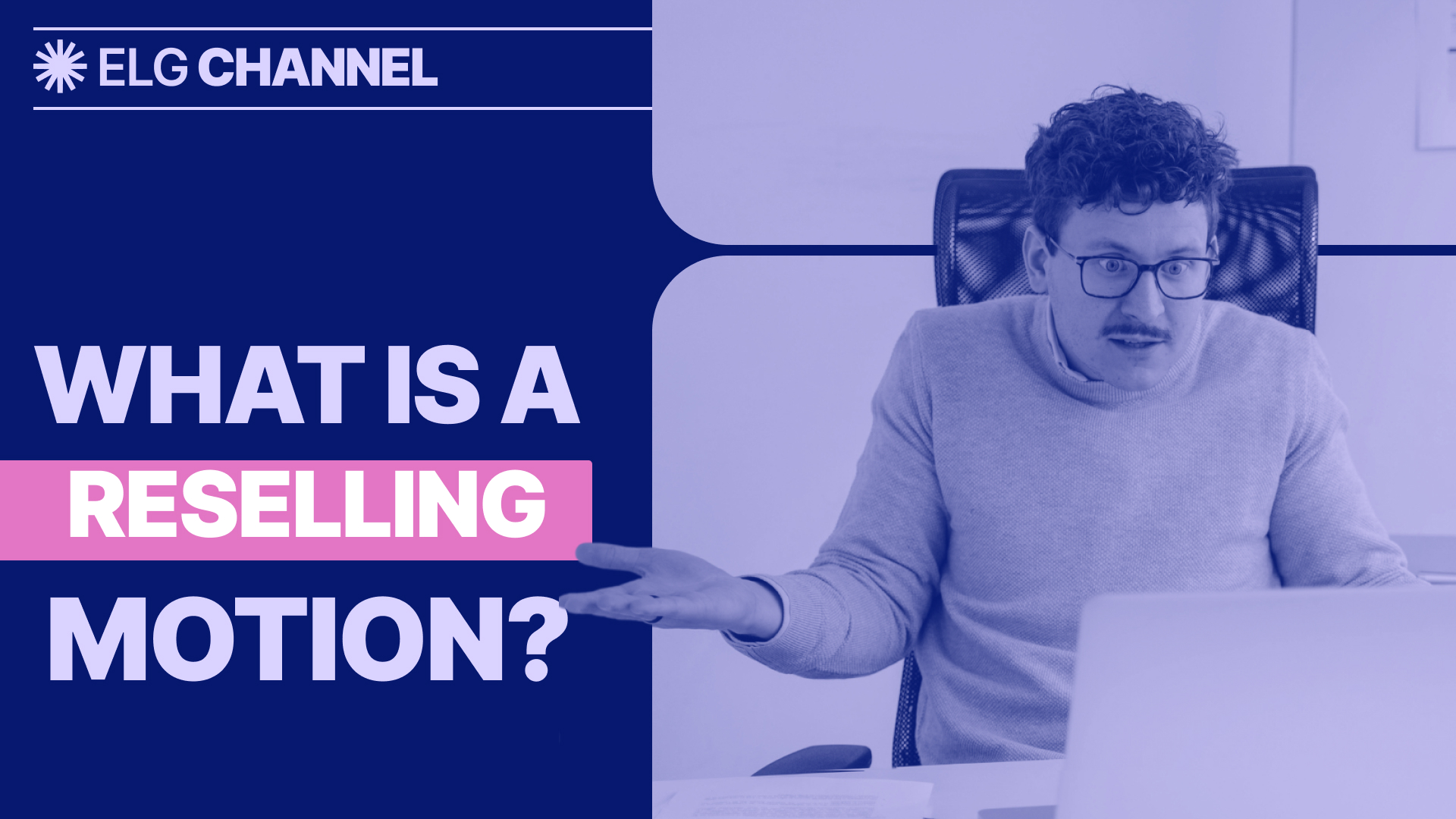







.jpg)




.png)



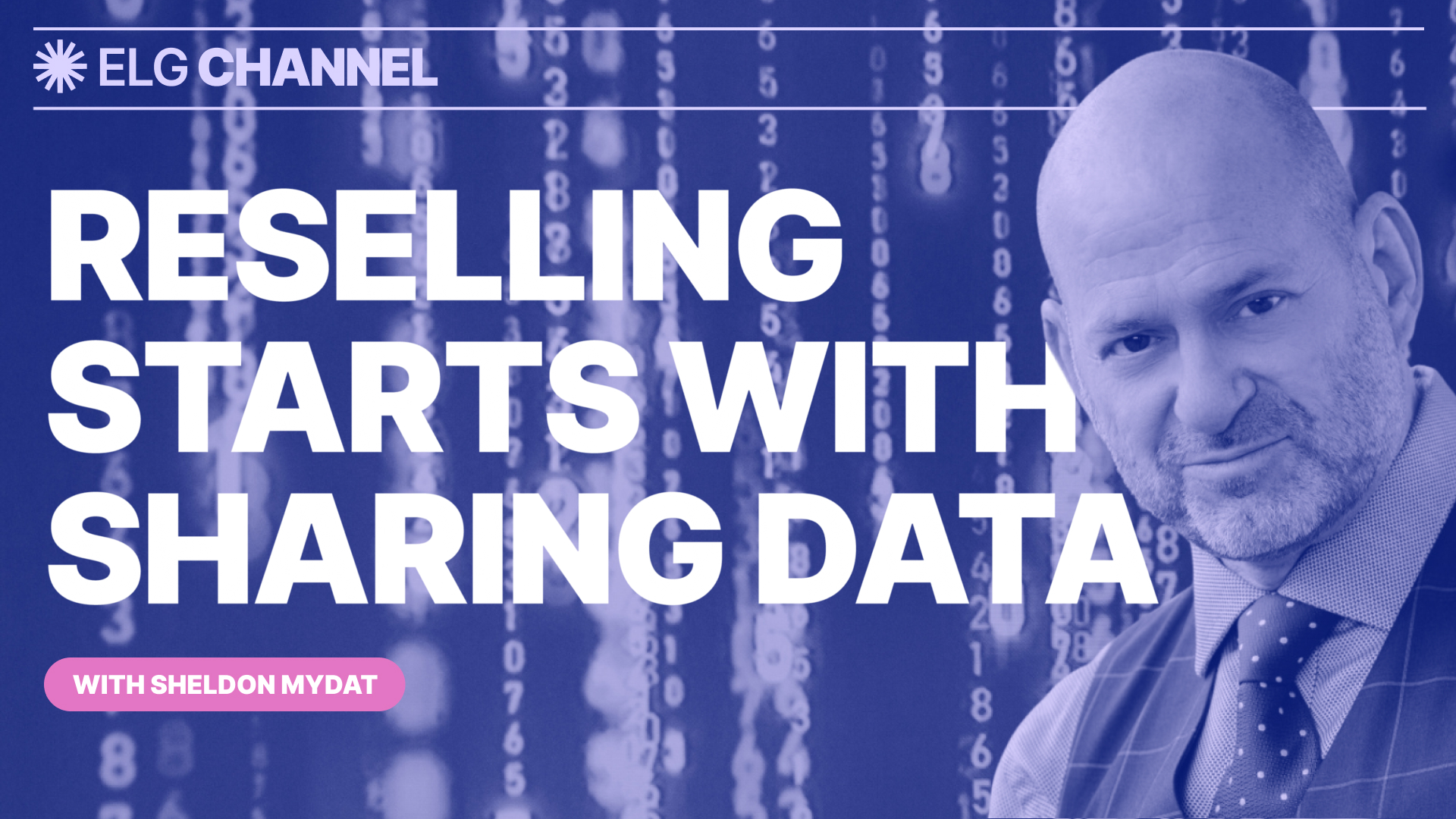


.jpg)





.jpg)

.webp)


















.webp)















